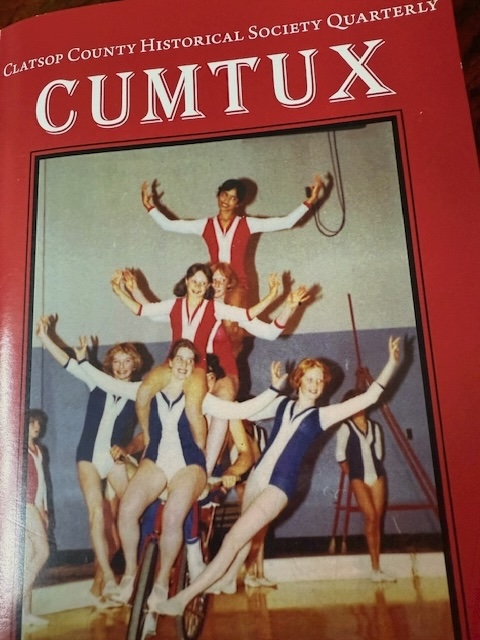Bookmonger: A minimum wage fight from another time
Published 9:00 am Wednesday, November 17, 2021

- ‘Making Minimum Wage: Elsie Parrish Versus the West Coast Hotel Company’ is by Helen J. Knowles.
‘Making Minimum Wage: Elsie Parrish Versus the West Coast Hotel Company’ by Helen J. Knowles
University of Oklahoma Press – 396 pp – paperback is $26.95
Trending
In the depths of the Great Depression, a chambermaid sued her former employer, a prominent Wenatchee, Washington, hotel, when the management refused to honor the backpay she claimed she was owed.
The case became the basis for this week’s featured book, “Making Minimum Wage: Elsie Parrish Versus the West Coast Hotel Company.”
Author Helen J. Knowles first became interested in the Elsie Parrish story when she was a visiting professor 10 years ago at Whitman College in Walla Walla, Washington.
Knowles points out that Washington had been one of three Western states (along with Oregon and Utah) that back in 1913 had enacted laws mandating minimum wages for women. The author also focuses on the progressive forces, particularly in the Pacific Northwest, that had led the way in policymaking and reform.
But laws don’t mean much if they aren’t enforced, and for years employers across the nation had gotten by with paying lower wages, relying on the concept of “freedom of contract,” an understanding that female workers could be paid whatever they were willing to accept. When this had been challenged previously in other cases that had come before the U.S. Supreme Court, the conservative majority had allowed the employers’ stance to prevail.
The Cascadian had been the bustling focal point of downtown Wenatchee for years, and during the Depression, when folks were desperate for work, this employer held all the bargaining power.
When Parrish filed her lawsuit back in 1935, she was a 37-year-old chambermaid, the mother of six and already a grandmother.
Although newly remarried, she had been a divorcee for much of the time she worked at The Cascadian, and money had been hard to come by.
When Parrish was discharged from her job, she was paid $17. But Parrish had heard of Washington’s minimum wage law, and felt she was owed more. With nothing left to lose, she wasn’t about to walk away from what she felt was rightfully hers, so she sued.
This book, written by a scholar and published by a university press, is an academic work. Lay readers may find some of the reading challenging, particularly when Knowles gets into the thicket of legal cases that preceded Parrish’s lawsuit.
However, the author does make an effort to go beyond the legal details of the case. The book delves into Parrish’s family history and the lives of the attorneys and judges who were involved, demonstrating how their views were shaped by life experience.
This was an era when American workers were learning to assert that they deserved better working conditions. “Making Minimum Wage” highlights how one chambermaid’s challenge to the status quo broke new ground for workers’ well-being in the New Deal era and beyond.









